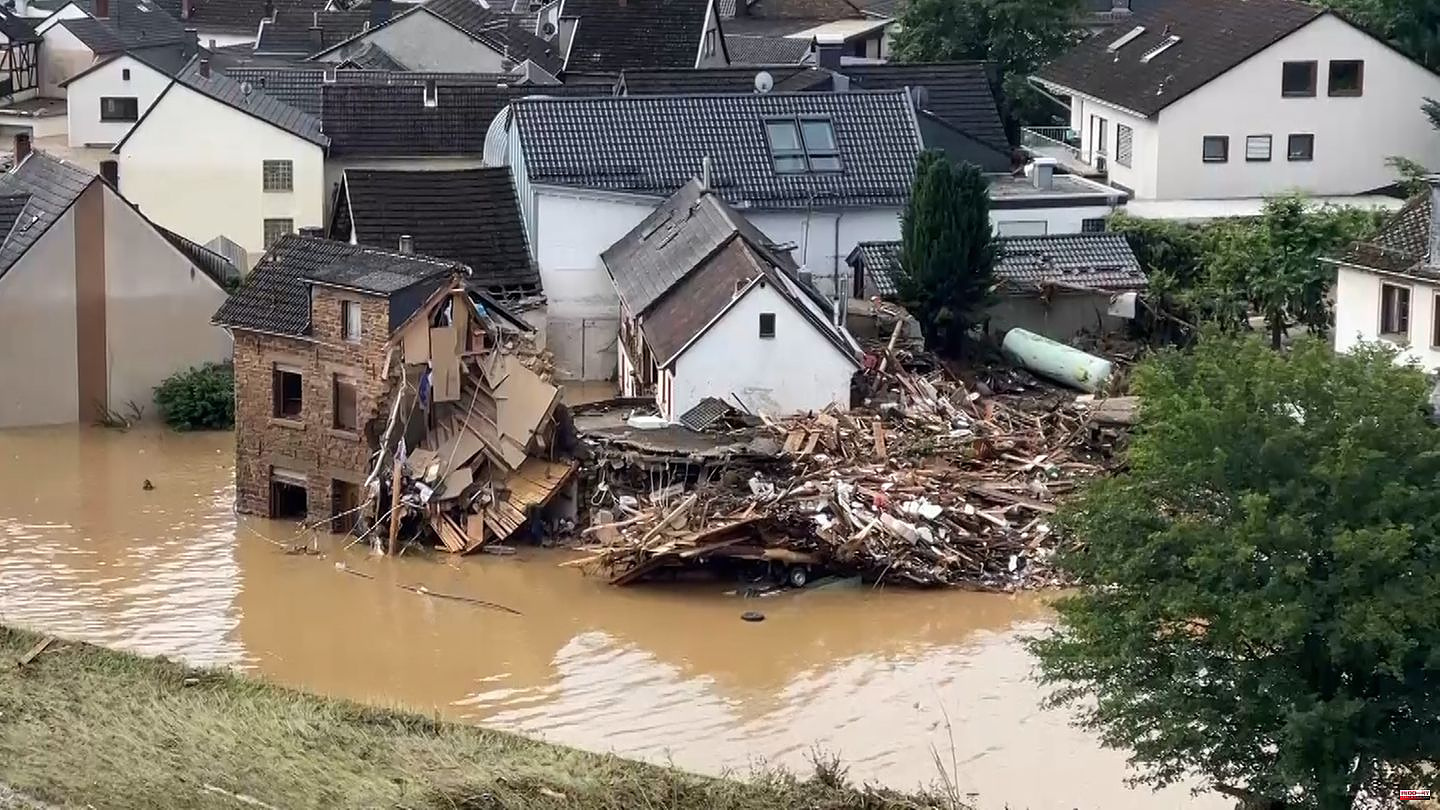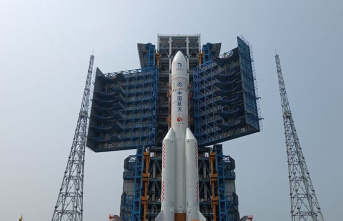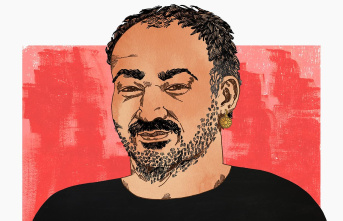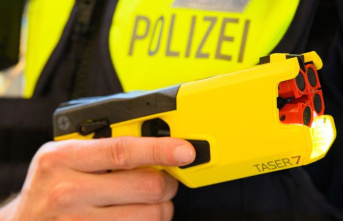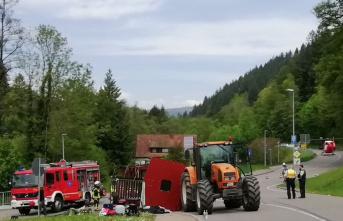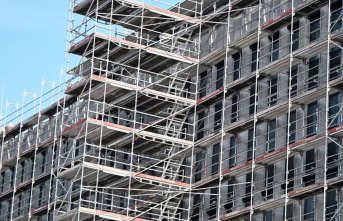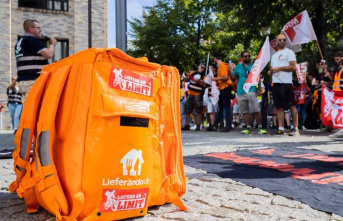The Koblenz public prosecutor's office has stopped the investigation into the deadly flood disaster in the Ahr Valley. There was no sufficient suspicion against the former Ahr district administrator Jürgen Pföhler (CDU) and an employee from the crisis team, said the head of the Koblenz public prosecutor's office, Mario Mannweiler, on Thursday.
There was an accusation that the Ahrweiler district, with Pföhler at the helm, had perhaps warned too late about the flood disaster in July 2021 in the Ahr Valley. The public prosecutor's office investigated for more than two and a half years on suspicion of negligent homicide in 135 cases and negligent bodily harm in office through omission. Pföhler had always rejected the allegations. The employee had also previously denied through his lawyer that he had committed a criminal offense.
136 people died in the flood disaster in Rhineland-Palatinate, including 135 in the Ahr region and one person in the Trier area. Thousands of houses were destroyed and roads and bridges were washed away. One person is also still missing.
The public prosecutor's office came to the conclusion that it was an extraordinary natural disaster, the extreme extent of which could not have been specifically predicted by those responsible in the Ahrweiler district. “The 2021 flood far exceeded anything people had experienced before and was subjectively unimaginable for residents, those affected, emergency services and those responsible for the operation,” the authority said.
It is true that disaster control in the Ahrweiler district was inadequately organized and the disaster control management system had a whole series of deficiencies. “Responsibility for this lies primarily with the former district administrator, who has overall political and administrative responsibility.” However, from the perspective of the public prosecutor, these “quite considerable deficiencies” that an expert identified did not constitute criminal liability.
"We are aware that the Ahr flood brought unspeakable suffering to the people in the Ahr Valley. We know how much the people there have been through and are still going through. We know how much grief and shock the catastrophe has caused and how many have been left traumatized are," said senior public prosecutor Mannweiler. He expressed his deep condolences to the survivors and victims of the flood disaster.
Nevertheless, the investigation was purely a criminal investigation. "It's the individual's fault. We are not responsible for dealing with a natural disaster as such, nor is it the disaster protection system in its entirety," explained Mannweiler. The investigators had to free themselves from emotions, which was difficult given the extent of the disaster and the human suffering it caused.
"The public prosecutor's office does not have to decide whether someone's character failed in this case," said Mannweiler. It is also not the job of the public prosecutor to assess political responsibility or make a moral judgment. "Whether someone is steadfast in a crisis, maintains their composure, takes responsibility, is a strong leader, shows a willingness to make sacrifices, takes on a beacon function for their employees, that is a question of character and personality."
The investigations had dragged on for a long time, also because they had a previously unknown dimension. They were characterized by considerable challenges, said the head of the Rhineland-Palatinate State Criminal Police Office, Mario Germano. "Namely, conducting investigations in an area marked and partially destroyed by the natural disaster. Some of the people we had to interview were severely traumatized."
More than 300 witnesses were interviewed. These were primarily employees of fire departments and municipalities or those affected by the flood, said Germano. The majority of the interrogations were completed by spring 2022. More than 20 terabytes of digital data were secured and evaluated, and more than 300 gigabytes were potentially relevant to the proceedings.
There were also many searches and extensive written and digital evidence was seized. For the flood period from July 14th to 15th, 15,500 emergency calls were secured at fire and police control centers; investigators in the disaster area filtered out and evaluated 11,000 emergency calls in the relevant period. Of these, 6,200 were of interest to the investigation. The focus was on all emergency calls that were directly related to the flood, said Germano.
The public prosecutor's office had already announced in August 2021 that it had initiated an investigation against Pföhler. The then district administrator had not been on duty since August 2021 due to illness and was finally retired in October 2021 at his own request due to incapacity to work. The conclusion of the investigation had been postponed several times, among other things because the public prosecutor wanted to wait for the results of the investigative committee in the Rhineland-Palatinate state parliament.
This article is continually updated.

